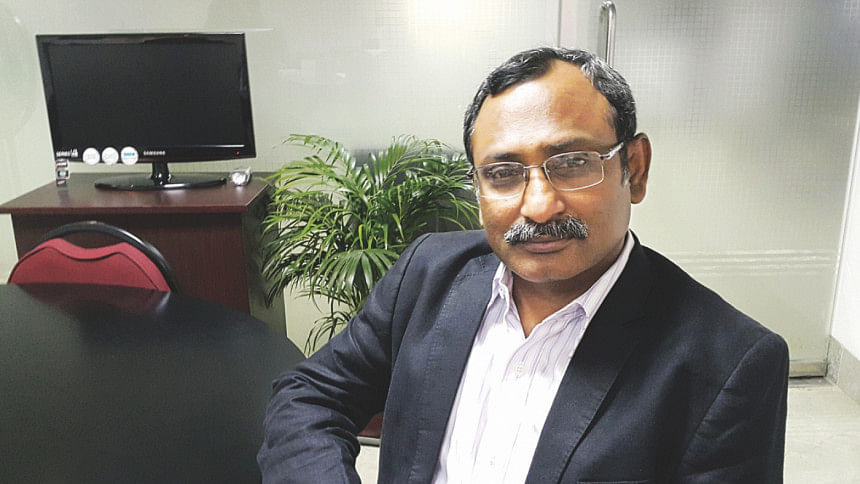Management in the fast lane

How would you summarise your job in short?
As an HR professional and practitioner, my prime responsibility is to cater effective HR solutions according to present and future organisational needs.
What are your major responsibilities? What is your favourite?
There are lots of responsibilities to be honest (laughs). But the major ones would be formulating and implementing policies and strategies. However, my favourite job has to be imparting knowledge to the workforce through training and development.
What is the role of training in such a dynamic environment?
Training is absolutely vital. There are numerous training sessions on leadership, sales, etc. which makes learning a continuous process. One special type of training that I conduct myself is navigating attitude for better performance and life; it focuses on stress management through which employees can get the most out of their work and personal life.
What do you expect of your employees?
In this line you have to be extremely customer-focused, so you need a positive outlook or else you cannot extend good service. Employees also need to be well aware of compliance issues that come with logistics management and understand the international dimension to the business as well. If you talk about someone's disposition, they need to be time sensitive, and of course, dependable. One also has to be committed, as we expect our employees to be with us for a long time.
What is the recruitment procedure like?
Mostly we depend on internal recruitment. This motivates our employees and ensures their career progression. Even though we have a very low staff turnover, we do need to go for external recruitment sometimes. For this we use a standardised procedure which starts with screening applicants, short listing for a written test, panel interviews and so on.
How does your department contribute directly to the main function: effective logistics management?
The importance of people in businesses is at an all time high; for a service business this is even truer. My department is responsible for developing a customer-driven attitude. It doesn't end there, we have to constantly review their skills and re-equip them as per needs all the time, while making sure they are motivated, satisfied, and engaged. To eradicate stress, a congenial working environment has to be maintained along with safety and security. As you can see, we contribute to a great extent.
It all sounds complicated. So how does a stress management expert deal with his own stress?
For effective management I try to lead a healthy life. This involves all the good habits we know of—exercise, proper sleep, and eating healthy. Part of the training I conduct focuses on work-personal life management. I always try to stay positive, which makes facing problems a lot easier. I also try to maintain a high level of spirituality. We should all focus on the light at the end of the tunnel rather than getting worked up about small things.
The interviewer is a sophomore at the Institute of Business Administration, University of Dhaka.

 For all latest news, follow The Daily Star's Google News channel.
For all latest news, follow The Daily Star's Google News channel. 



Comments